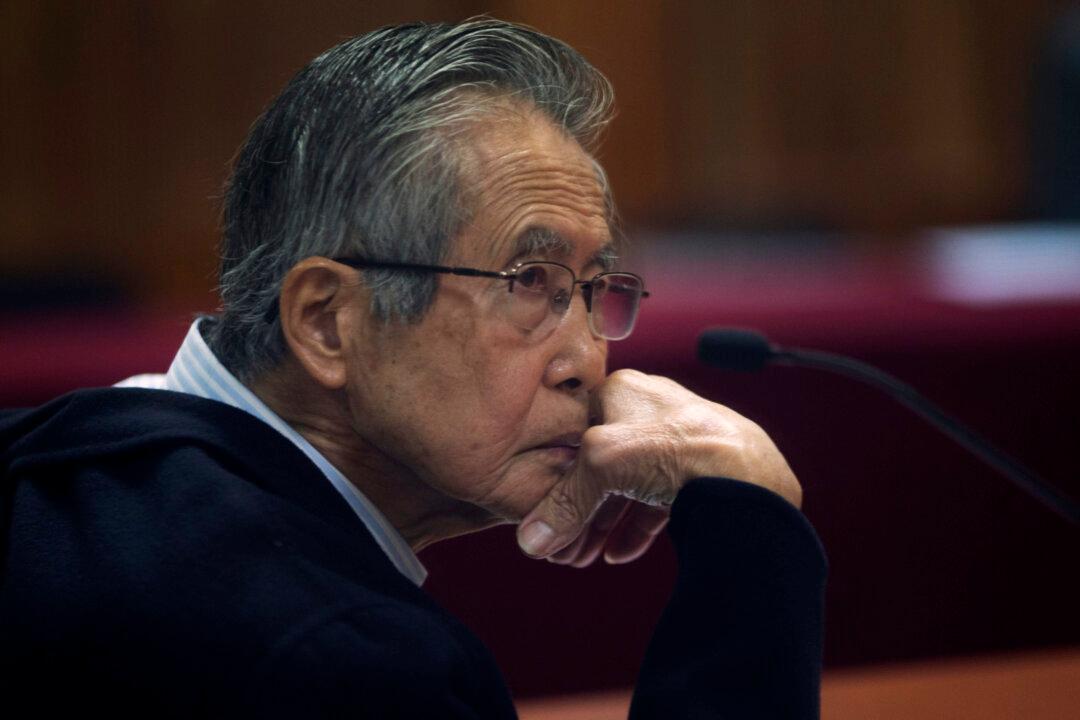Former Peruvian President Alberto Fujimori, who governed the nation from 1990 to 2000, passed away in Lima on Sept. 11 at the age of 86, following a lengthy battle with cancer, his family said in a Sept. 11 statement.
Fujimori had a multitude of health issues, including stomach ulcers, hypertension, and tongue cancer. In May, the former leader said he had been diagnosed with a new malignant tumor.




